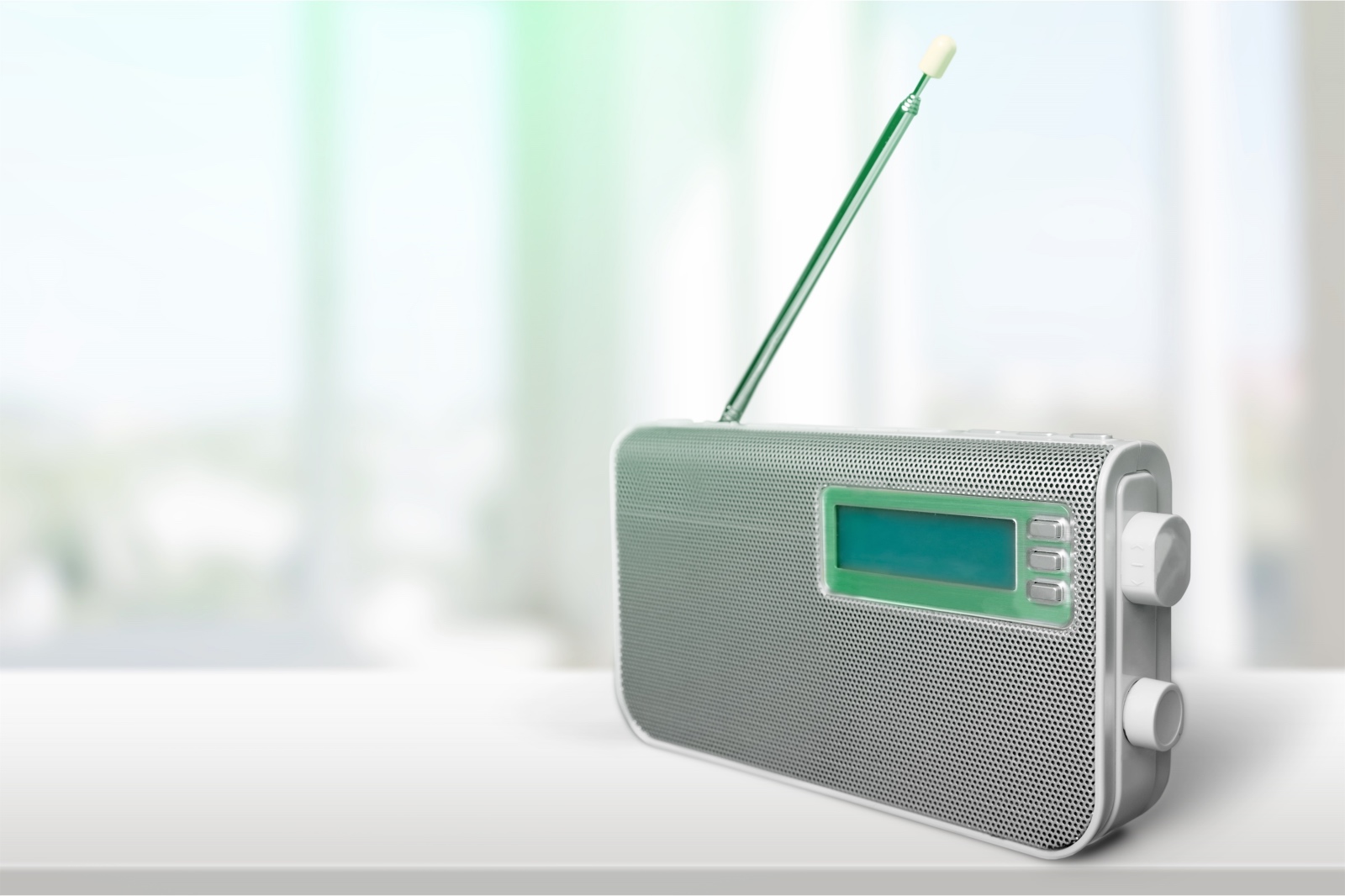Like many regulations, it can be difficult to find information specifically aimed at the holiday rental market. The regulations surrounding whether or not you need a licence to play and supply films and music are no exception. This has left holiday home owners confused as to whether they need to buy licences for their guests to play music or watch films.
We have done some research which aims to provide some much needed clarity. This article looks at what different licences there are and when you might need one. The information provided is only our personal interpretation and presented with a view to raising awareness. You will need to conduct your own research, draw your own conclusions and take the necessary action that is right for you and your holiday cottage.
Playing music
When an artist creates music, the performer, record company, or other parties will own the copyright to its distribution and playing in public places. Under the Copyright, Designs and Patents Act 1988, permission must be sought from the copyright holder to ‘perform music in public’. ‘Public’ in this instance is defined as being ‘staff or customers’. For holiday house owners this means paying guests.
Many holiday home owners believe a music licence is only needed if they provide a music library, such as CDs. However, it is deemed a ‘public performance’ each time a guest plays music in your holiday home on a device that you have supplied to them. This may include for example, through televisions, radios, music centres and alarm clocks.
The PRS (Performing Rights Society) for Music can provide you with a music licence which will give your guests permission to play music in your holiday house. The PRS has plenty of information on their website which covers a broad range of scenarios from hospitals, offices, cafes, pubs and even on-hold music and elevators. There is little information for self catering holiday homes. However, after speaking to their customer service representatives, it appears that it is likely that some holiday homes will also require a PRS licence.
Each quote from the PRS varies depending on how you use the music, so it is impossible to give an estimate of how much this would cost. Factors such as how many bedrooms you have, how many rooms have devices where the guests can play music, whether there are any public or communal areas where music is played, and how many weeks a year the house is available to be rented are all taken into account. Seasonal discounts may be available for those who only rent for a few months of the year.
It may be that you do not require a music licence at all. In the past, holiday houses that have 3 bedrooms or less, are the only holiday accommodation business owned by the proprietor and are the proprietor’s domestic residence have been exempt. However, tariffs are revised on a regular basis, and the PRS are currently updating their information regarding tariffs for holiday cottage owners. As there is no black and white answer regarding whether you need a licence, or how much it will cost, we strongly advise that you speak directly to the PRS team. They suggest that if possible you read the tariff information on their website and give them a ring on 0800 086 8820 to obtain further advice.
Do I need a Public Performance Licence (PPL)?
It is also worth noting that, in addition to a PRS licence, some owners may also require a Public Performance Licence (PPL). A PPL allows recorded music to be played in public areas. As a general rule, recorded music being played inside a ‘domestic’ environment such as a holiday home should not require a PPL. However, if music is played in public areas, such as games or entertainment areas, then a licence may be needed.
PPL and PRS Ltd are now a joint venture, equally owned by PPL and PRS Music. It has been created to provide customers with a single point of contact rather than having to purchase two separate licences from each individual company. If you give them a ring on 0800 086 8820 they can advise you on what licences you do or do not need.
Watching films and DVDs
If you provide DVDs for your guests to watch you will also require a DVD licence to ensure that you are not infringing the UK copyright law. This is because when you buy a DVD you buy the right to watch it privately in your own home, but not to share the contents with paying guests staying at your holiday house. The two main companies who issue licences are Motion Picture Licencing Company (MPLC) or Filmbankmedia.
Different licences are available depending on the type of guest accommodation, but the main form of licence required by a holiday cottage owner is the DVD Concierge Licence (DVDCL) which is supplied by Filmbankmedia. This is an annual licence which enables holiday cottage owners to lawfully provide guests with films on DVDs or Blu-Ray. It is worth noting that whilst a DVDCL will enable your guests to watch most films from major Hollywood and independent studios, there will be some that are not included in the DVDCL. You will find a full list of participating studios and distributors here.
The DVDCL is available on an annual basis from 1st May and costs £30 (plus VAT) to show 2D films, or £45 (plus VAT) to show 2D and 3D films. There are reduced rates if your holiday cottage is only available for 8 months of the year or less. All films must be available for your guests to watch free of charge. If you charge your guests extra to watch films you will need a different, more expensive STSL licence.
If you do not want to buy a licence you may consider removing DVDs from your property. A licence is not required if guests bring their own DVDs to watch.
TV licence
It is also worth noting that if you provide a TV in your holiday house you will need a Hotel and Mobile Televisions Licence. This is the same price as a regular TV licence. However, not only does it cover up to 15 different holiday houses, if they are all on the same site, but if you also live on site it could cover your TV too. If you have more than 15 properties there is an additional fee for every five extra houses (or fewer). This can obviously provide a huge saving compared to buying individual licences for each property.


Thanks for raising this. Sorry this post is rather longwinded.
I tried to get clarification on the DVD licensing fiasco some years back and failed; it was murky then, and seems much the same now. I’d love to believe it’s all now clear and that I’m completely out of date (please….), but I fear not…….
Part of the issue centres around the definition of a “public place” which seems to vary according to what suits any particular organisation. If there was a legal definition that stated that a holiday rental was not a public place in any sense, end of issue. But AFAIK there isn’t. I should point out that I am not a lawyer.
Next – by regarding the holiday rental as a “public place” for showing DVDs etc, it raises another question which might be answered by digging deep into MPLC’s information:
(Q: Who is responsible for the licence?
A: The location requires a licence regardless of who owns the DVD.)
So that suggests that if a guest brings along, or hires locally, their own DVD, or downloads a movie over the internet, the owner of the property needs a licence – even if the owner of the rental property doesn’t supply any DVDs. OUCH! How do you avoid that one? And I know that contradicts what Sarah has written above as a possible solution to the issue, but try and get one straight answer to that question from different authorities!
Well, the simplest solution to stay within the crazy law is to buy a licence and sleep at night.
Except it’s not simple. If I cough up for MPLC’s “Umbrella Licence” then surely I’m okay? Maybe – providing the only movies that are viewed in my property are within the remit of MPLC’s “Umbrella”. However, despite the possibly misleading usage of “Umbrella Licence” by MPLC there are some studios whose output is not covered, so you’re still not licensed if a guest happens to bring one along, or you inadvertently supply one. Rather than missing out some obscure little studio working from a garden shed, the MPLC licence doesn’t cover such names as Sony, Warner Bros, Paramount and other majors. Quite a few popular titles, then. Oh, and you have to dig really deep into MPLC’s information to unearth that essential snippet, but it’s in the small print in the application form.
For those other studios you need a licence from a different organisation called Filmbank, and they require you to file reports listing which titles have been available and how often they’ve been viewed………. Yes, really. (In case you hadn’t guessed, Filmbank’s licence doesn’t cover some of the studios under the MPLC umbrella.)
If you want to be law abiding and not fall foul of copyright and distribution laws, you’re going to have to get licences from both organisations and be prepared for a lot of ongoing paperwork. Oh, and that DVD you’ve put in the holiday rental that’s all about a local attraction? Have you got a licence from the producer to show it? It won’t be covered by MPLC or Filmbank, so you’re still a major criminal.
It’s a total mess, isn’t it?
Yet another long argument with the PRS/PPL people and this time I won!!! The key issue is that as we are offering self catering and not B&B or Hotel the people renting are operating in a stand alone domestic setting and are free to manage their own listening etc and we are not required to hold a licence! The key statement is that it is a standalone domestic setting if they have a go at you!
hi thanks for your post .I am being pestered every week by these people re our self catering holiday bungalows.do you have a ref re PRS/PPL action.